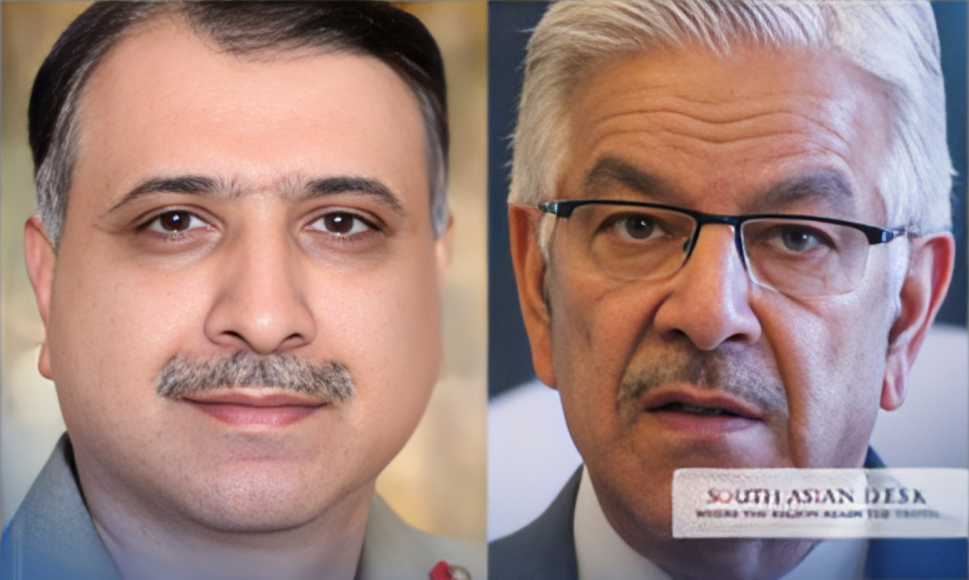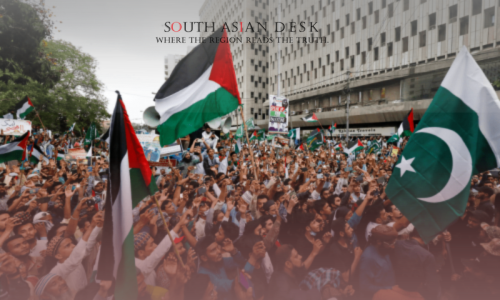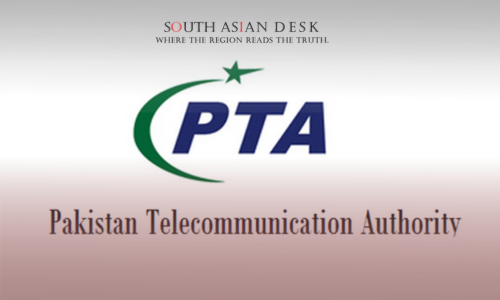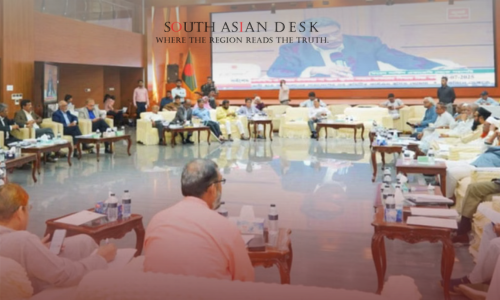On Saturday, October 18, 2025, high-level Pakistani and Afghan delegations convened in Doha for the Pakistani Afghan delegations Doha meeting to address security challenges and extend a fragile ceasefire following deadly border clashes that claimed at least 17 civilian lives in Afghanistan. This Pakistani Afghan delegations Doha meeting holds significance for South Asia where instability between Pakistan and Afghanistan fuels terrorism risks disrupts trade routes and strains relations with neighbours like India and China.
Pakistan Afghanistan Crisis Talks Doha Commence
Delegations from both nations arrived in Doha on Saturday for the Pakistan Afghanistan crisis talks Doha. The Afghan team led by Defence Minister Mullah Mohammad Yaqoob Mujahid and intelligence head Abdul Haq Wasiq departed earlier that day. Pakistan’s delegation includes Defence Minister Khawaja Asif and intelligence chief Lt General Asim Malik who left for Qatar on the same day according to state media. Qatar facilitated these discussions with Turkey also involved in mediation efforts.
The Pakistan Afghanistan crisis talks Doha focus on political and security issues amid recent violence. A 48-hour ceasefire agreed earlier was extended on Friday until the talks conclude to allow negotiations. This extension came after Pakistan requested it to enable dialogue. Clashes intensified last week along the porous border killing dozens and injuring hundreds on both sides.
Afghan spokesperson Zabihullah Mujahid confirmed the negotiations stating “As promised negotiations with the Pakistani side will take place today in Doha.” He condemned Pakistani airstrikes as “repeated crimes” and violations of sovereignty calling them deliberate attempts to prolong conflict. Pakistani officials targeted militant hideouts in Afghanistan’s Paktika province on Friday killing dozens of fighters from the Hafiz Gul Bahadur group with no civilian casualties claimed. Afghan reports however indicated at least 10 civilians died including women and children.
Afghan Pakistani Delegations Ceasefire Negotiations Progress
In the Afghan Pakistani delegations ceasefire negotiations both sides aim to resolve accusations of cross-border militancy. Pakistan alleges Afghanistan harbours groups like Tehreek-e-Taliban Pakistan (TTP) and Baloch Liberation Army responsible for attacks inside its territory. Kabul denies these claims. The talks seek to extend the ceasefire and find lasting solutions to these challenges.
Shafqat Ali Khan spokesperson for Pakistan’s Ministry of Foreign Affairs emphasised “Pakistan wants a peaceful stable friendly inclusive regionally connected and prosperous Afghanistan. Pakistan expects the Taliban to act responsibly honour their commitments and play a constructive role in achieving the shared goal of eliminating terrorism from their soil.” This reflects Islamabad’s stance on regional cooperation.
The United Nations Assistance Mission in Afghanistan (UNAMA) welcomed the ceasefire urging protection of civilians. UNAMA reported at least 17 civilians killed and 346 injured in Afghanistan from clashes since 10 October mainly in Kandahar’s Spin Boldak district. It documented additional 16 civilian casualties in other provinces and called for compliance with international law principles of distinction proportionality and precaution.
Analyst Janat Faheem Chakari noted “The fact that a high-level delegation from Afghanistan is travelling to Qatar and a senior Pakistani representative is also participating means that these negotiations can undoubtedly lead to positive results.” Marvin Weinbaum from the Middle East Institute highlighted Qatar’s crucial role adding that intervention was necessary to prevent escalation with possible quiet advice from China and the United States.
Background Afghan Delegations Doha meeting
Relations between Pakistan and Afghanistan have been strained since the Taliban regained power in 2021. Border disputes and militancy accusations persist. Recent violence began last Saturday with heavy fighting along the Durand Line the disputed frontier. A suicide bombing in Pakistan’s North Waziristan on Friday killed 7 paramilitary troops prompting airstrikes. Afghanistan’s cricket board boycotted an upcoming series in Pakistan in response to the strikes which reportedly killed 3 Afghan cricketers.
The clashes have raised concerns among regional powers and international organisations. The Pakistan Afghanistan crisis talks Doha represent the first official engagement since the latest flare-up. Previous efforts like the Doha Process for Afghan peace have involved similar mediation but focused on internal Afghan issues. This bilateral meeting targets specific border security matters.
Humanitarian impacts are severe. UNAMA’s assessment shows escalating civilian toll with women and children among victims. Economic ties suffer too as trade routes close during conflicts affecting billions in commerce. Pakistan has deported over 1 million Afghans in recent years citing security adding to tensions.
In broader South Asian context these talks could influence stability in a region prone to extremism. Neighbouring countries monitor closely as unresolved issues might spill over.
What’s Next
Outcomes from the Afghan Pakistani delegations ceasefire negotiations remain uncertain as discussions continue. Potential agreements could include border management protocols intelligence sharing and commitments against militant safe havens. If successful the talks might lead to further rounds perhaps involving third parties like the UN or China.
Failure however risks renewed fighting. Observers watch for announcements post-meeting. The extended ceasefire provides a window but its durability depends on concessions from both sides. Regional stakeholders including India express hope for de-escalation. The Pakistani Afghan delegations Doha meeting outcomes will shape future diplomacy in this volatile area. The Pakistani Afghan delegations Doha meeting underscores the urgent need for dialogue to prevent further bloodshed in the region.
Published in SouthAsianDesk, October 18th, 2025
Follow SouthAsianDesk on X, Instagram, and Facebook for insights on business and current affairs from across South Asia.






